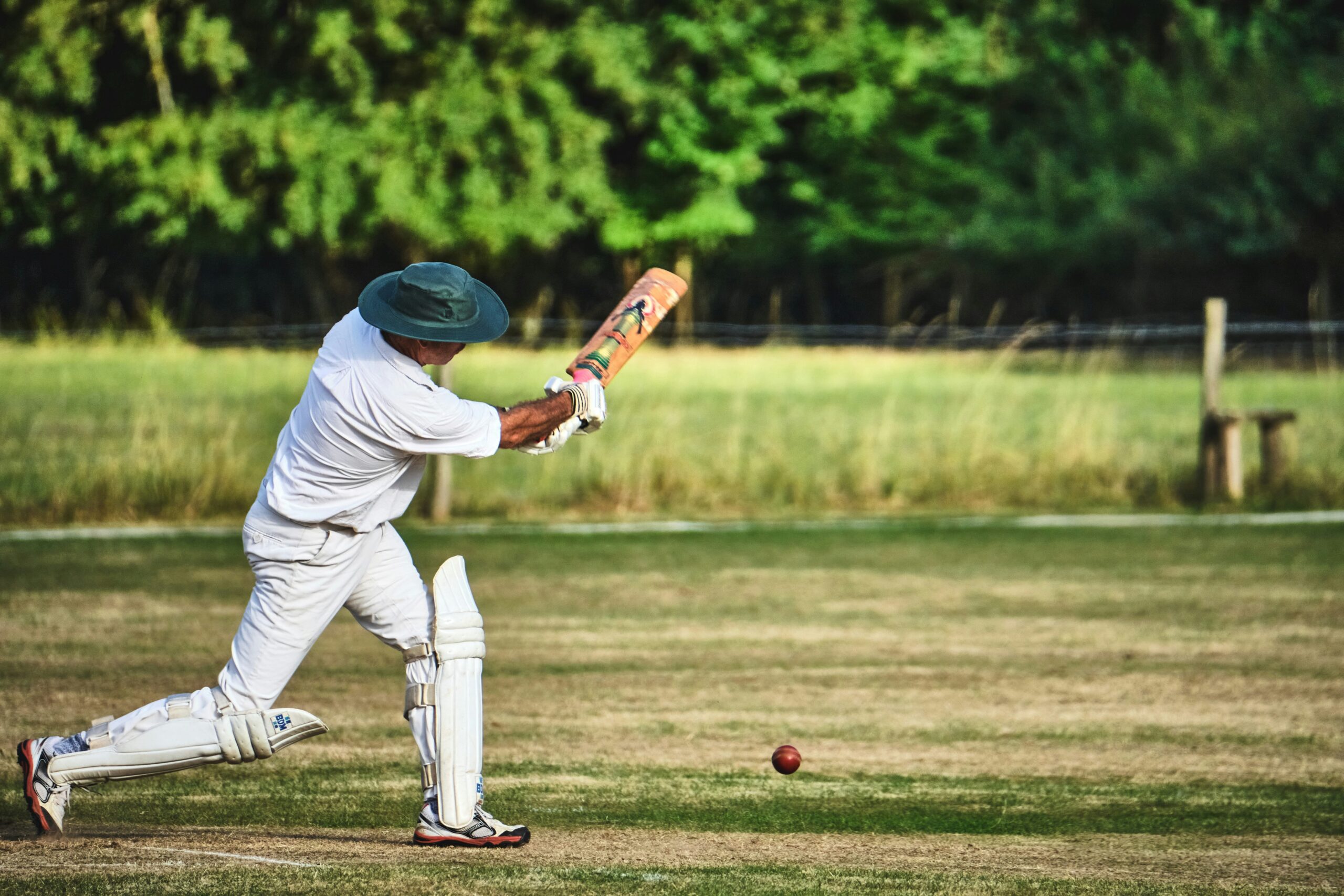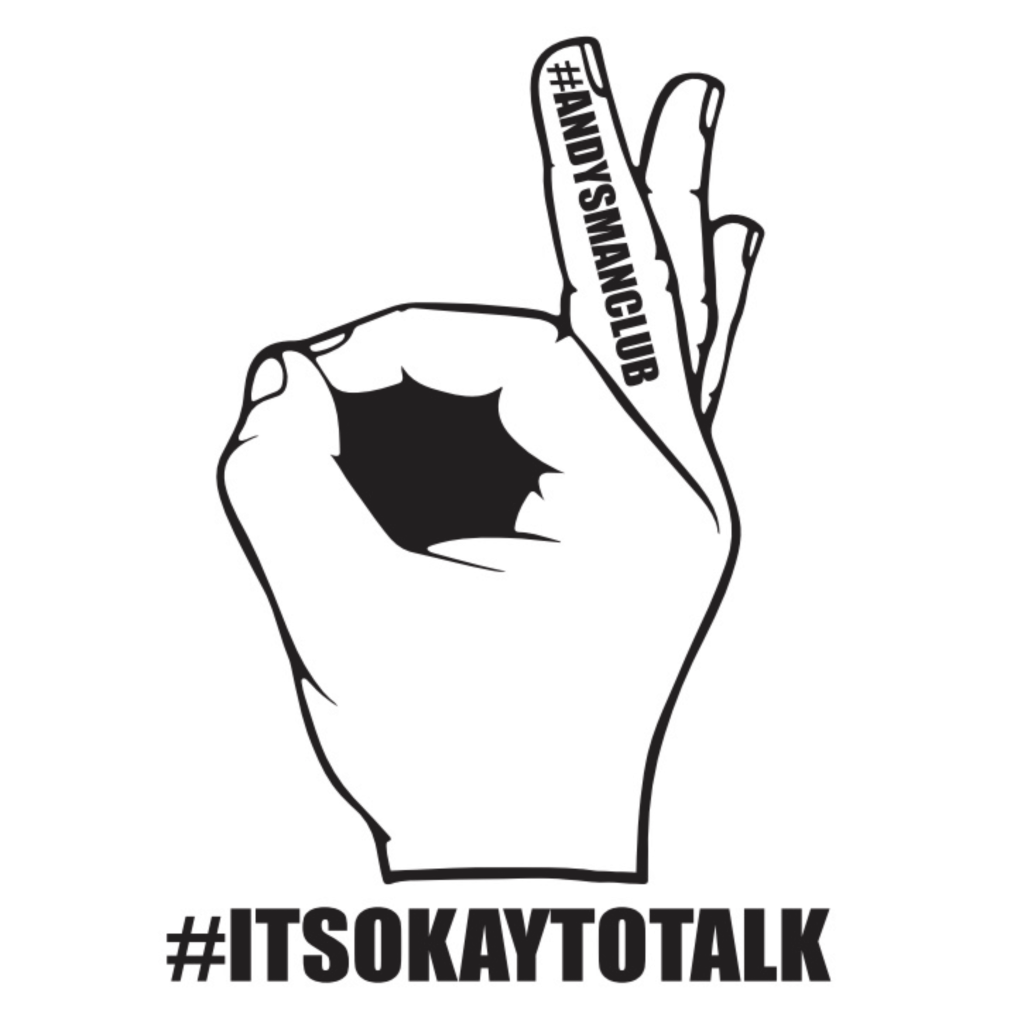Men, Emotion and the Struggle to Regulate
Many men struggle with self-regulation – they can feel swept away on a tide of emotion, often acting to discharge uncomfortable feelings such as anger, aggression, envy, loss or competitiveness. The experience of therapy can help with overwhelm due to a type of “co-regulation” in the room. The therapist, we hope, is able to receive some of the client’s distress yet process and return it in a more manageable form. The client experiences this as more soothing and a loop is formed which improves the processing of difficult emotion.
This of course relies on a fairly experienced and regulated therapist, or at least the ability to regulate one’s own feelings and emotions. Sometimes I will use a sporting scenario to help explain to a client how regulation works.
Rituals, Focus and Discipline in Men’s Sport
Many men that play sport learn to regulate emotional waves which may be distracting from performance. We are not talking here about becoming machine-like or robotic, but developing an ability to filter out what is unhelpful at the time. As an opening batsman playing league cricket for over 45 years, I had to learn to regulate my emotions from an early age. The role of the opening batsman is to go out and face the opposition bowlers at their freshest and most potent. This meant focussing on the task in hand by small rituals such as putting pads and gloves on (protection) in a certain way. A small ritual would help to ground me and stay very centred.
Many men involved in sport have similar rituals to get them into the zone. Mike Brearley, the ex-England cricket captain, opening bat and psychoanalyst, ponders how one can get to being “in form” – a sort of flow, in-the-zone state that may be repeatable but cannot be grasped at. Like therapy, men want to “be happy” or have more “self-esteem”, but these are often by-products of actions, not necessarily thinking. Routines can be helpful to manage emotions – sleep, diet, boundaries and exercise all require some discipline and routine building.
How Men Learn to Fail Well
Mike Brearley also talks of sport teaching how to fail – more importantly, how to fail well. As an opening bat my cricket day could be over in terms of contribution within seconds – no real second chance to perform. How does one live with that? It has been a hard but necessary lesson for life – the failures and disappointments – how can they be framed in a more healthy way?
Although literally gutted at my own failure, after a period of time – say 30 minutes – the feelings started to ease and I would think of “team” rather than my own performance. For men, a strong network of friends and support (team) can help process disappointments in a similar way, alongside good therapy.
Competitiveness, Aggression and Men’s Mental Health
We live in a time where the traditional male trait of competitiveness can be labelled toxic, but we need a more nuanced take on this. The other element I value in sport is the aggression outlet. Therapists do a lot of containment, but men also need healthy ways to release and channel their aggression. Sport can provide that outlet.
Sport, Therapy and the Human Condition
I believe playing cricket, and specifically opening the batting, has taught me more about the human condition than many of my more formal therapy trainings. Can you relate to this, especially if you play competitive sport?















